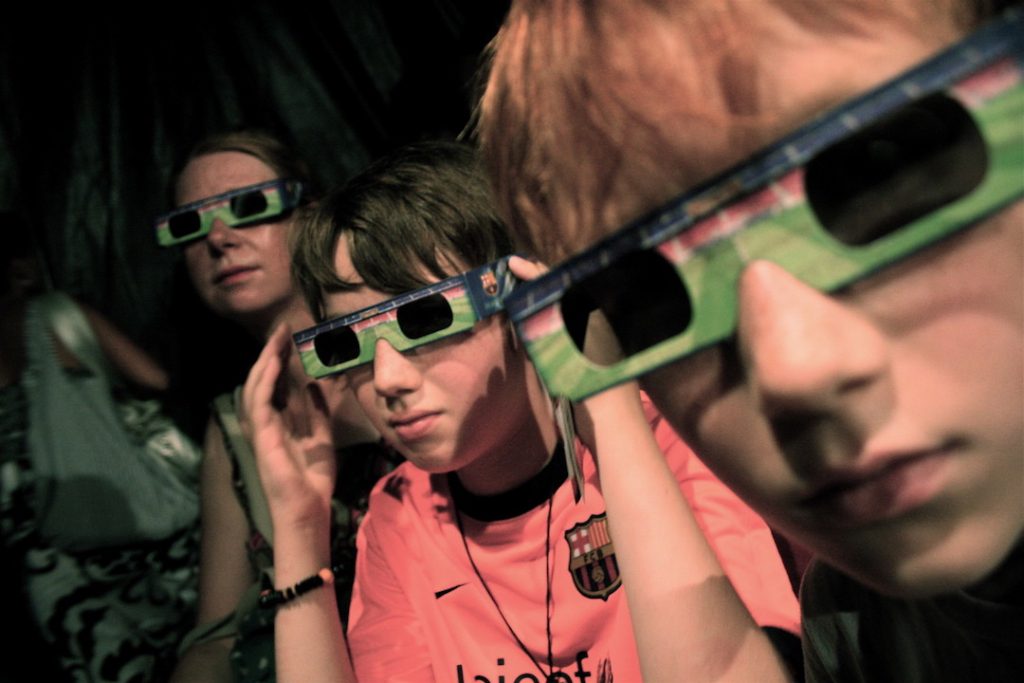Betting, both inside a casino or sportsbook, has been part of the American fabric for decades. Throughout that time, the gambling experience has largely stayed the same — enter a physical location, insert money, await outcome of a game. All this despite complete 180-degree shifts in other forms of entertainment such as television or music.
However, those brick-and-mortar casino days are likely numbered. The betting industry was already in the midst of imminent change, however, the effect of COVID-19 has only accelerated that turn.
Being as we’re talking about gambling, how about we make our own predictions. No, not on which sports team will win the big game or whether you can line up symbols on a slot machine. Instead, let’s guess what the future of the entire betting industry will look like ten years from now in 2030:
Prediction #1: Gambling Will Largely Be Legal Throughout the United States
Not long ago, if you wanted to get your betting fix, you needed to book a trip to Las Vegas, Nevada or Atlantic City, New Jersey. That’s no longer the case at all.
Slowly but surely, states are turning the corner on gambling, especially on sports wagering. At the moment, 18 states have completely legalized it. This largely came on the heels of the U.S. Supreme Court’s decision to lift the federal ban on it just two years ago. Many more states have it on the voting ballot and we expect more to follow suit with legalization.
From our partners:
Admittedly, there’s less of an appetite to legalize casino-style gambling — think slot machines and table games like blackjack or poker. Only Louisiana and Nevada allow this state-wide currently.
However, as we implied before, COVID-19 changes things. A number of states are expected to fall under economic duress coming out of the pandemic (if it ever passes). Due to that, states will be desperate to implement new taxes for much-needed revenue, which could come from an emerging industry like betting.
Prediction #2: The Vast Majority Of Gambling Will Be Done Online
This one’s not hard to see coming — land-based casinos will fall by the wayside and online-based betting will rise sharply.
For one, being in a crowded environment is a complete no-no in 2020 and for the foreseeable future. A physical casino, with swaths of workers and visiting players, runs completely counter to that.
Two, pandemic or not, more and more people are clinging to their computer devices whether that be personal computers, tablets, or cell phones. Heck, clinging might be an understatement, it’s more like an addiction.
We’ve already seen this digital-first way of consuming entertainment becoming the norm in non-gambling mediums like news, content, music, among others. Gambling is actually lagging behind in that transition to digital, but not for long.
And furthermore, technology is making this switch easier. Today, there’s hundreds of betting sites that offer up-to-the-minute betting odds on MLB, NFL, and a litany of other sports. On any one of them, bettors can drop wagers whenever and wherever they please. That’s a far quicker and efficient mode of betting than driving yourself to an actual casino — if there’s even one in your nearby vicinity — and plopping down a bet.
Prediction #3: Virtual Reality Betting Will Become A Thing

Ok, here’s our most “out there” guess about the future — VR will be a complete game-changer, not just for the gambling sector, but for entertainment as a whole.
Look, virtual reality exists today in multiple forms. However, the technology isn’t quite up to speed. Not yet at least, but when it is, watch out.
The only thing physical casinos still have going for it that digital can’t replicate is the social aspect of playing. You know, flirting with the cocktail waitress and throwing dice at the craps table alongside tourists from around the world. Welp, virtual reality fills that gap.
And it’s less of a matter if VR will work than when. As we’ve seen in this short century alone, technology evolves at a break-neck pace. It took the Internet and smartphones years before it exponentially grew. The same will be said about virtual reality within the next decade or so.













